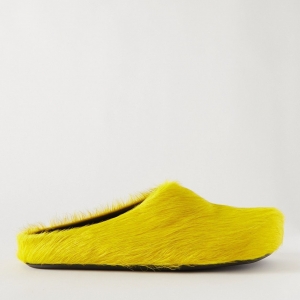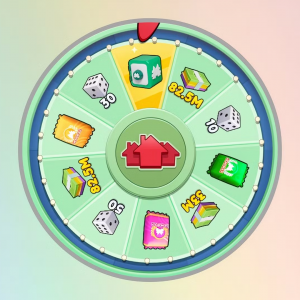It was 78 days in July when aluminum deliveries were being made out of the Istim warehouses in Johor, so the queue has shrunk to 47 days.
According to the most recent available data, waiting times for zinc, copper, and lead from the same warehouse have ballooned to 47 days, after being reduced to zero days in early July.
A total of 32,802 tonnes of metal were removed from Istim's warehouse in Johor during August, bringing the total amount of metal stored at the facility up to 96,314 tonnes, representing an increase from the previous month's total of 32,802 tonnes.
Aluminum is used in a variety of applications, including aerospace, and it is a metal that can be found in a variety of environments.
OECD research found an apparent link between government support - in the form of below-market financing - and excess capacity in a number of sectors, which was hailed by the G7 leaders as a positive development.
This extends to the aluminium manufacturer industry, where producers have long criticized China for producing approximately 57% of global primary aluminum, compared to only 11% in 2004, despite the fact that China produced only 11% in 2004. This criticism extends to the steel industry, where producers have long criticized China for producing approximately 57% of global primary steel, compared to only 11% in 2004. A similar criticism has been leveled at China in the steel industry, where producers have long criticized the country for producing approximately 57% of global primary steel, compared to only 11% in 2004, as well as other industries. As in the steel industry, where producers have long criticized China for producing approximately 57% of global primary steel, compared to only 11% in 2004, and in other industries, a similar criticism has been leveled at the country in other industries.
According to an Organization for Economic Cooperation and Development (OECD) report published in January 2019, while government support can be found throughout the aluminium supplier value chain, it is particularly prevalent in China and the countries of the Gulf Cooperation Council (GCC).
As a result of what they believe is unfairly subsidized Chinese aluminium foil production, associations representing the aluminium foil supplier industry have expressed their dissatisfaction with the country's excess capacity and influx of low-cost Chinese imports.
In an effort to persuade the Group of Seven countries to take action against unfairly subsidized overcapacity and other market distorting practices that are harming the global economy as a whole, a new round of efforts has been launched this week.
The G7 has been urged to act against unfairly subsidized overcapacity and other market-distorting practices that are harming the global economy as a whole.
In a report published in January 2019 by the Organization for Economic Cooperation and Development (OECD), aluminium foil supplier while government support can be found throughout the aluminum value chain, it is particularly prevalent in China and the Gulf Cooperation Council (GCC) countries.
In those regions, a number of companies, including Aluminium Bahrain (Alba) and the China Hongqiao Group, have spoken out in opposition to this claim.
Associations representing the aluminium foil supplier industry have also expressed their dissatisfaction with what they believe is unfairly subsidized Chinese aluminium plate manufacturer production, which they claim has resulted in excess capacity and an influx of low-cost Chinese imports.
A new round of efforts has been launched to persuade the Group of Seven countries to take action against unfairly subsidized overcapacity and other market-distorting practices that are causing harm to the global economy as a whole.







